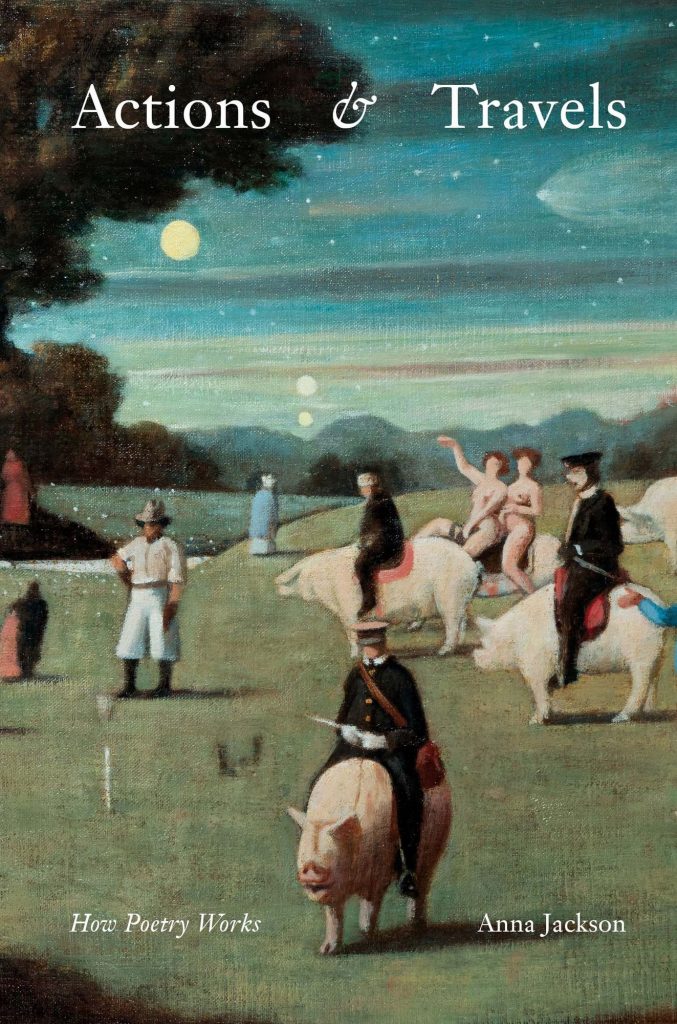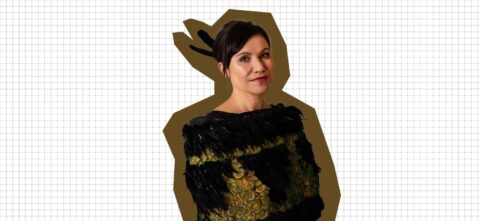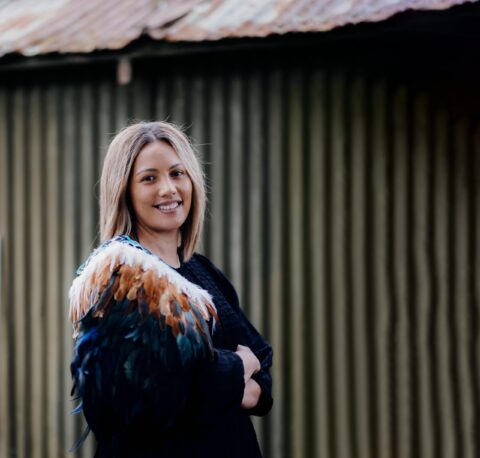It’s possible Anna Jackson was raised on verse (her father is beloved Emeritus Professor Mac Jackson) and she holds a Doctorate in Philosophy from Oxford University. She is the author of six volumes of poetry as well as numerous academic publications.
Poetry is on the rise post-pandemic. Anna’s new book Travels & Actions: How Poetry Works, released this month, might just be the book you need to get with the programme. It contains a playful exploration of ideas and poetry and includes a mix of local and canonical works. We asked Anna for some cut through in a medium some people struggle with.
- The way to read a poem is quickly, without trying to get anything in particular out of it, without worrying about what it means, without trying to analyse it.
- You will know at once if there is something in it you like, and you will only know later if it is going to haunt you.
- A poem doesn’t demand any particular work from the reader.
- There is no real time commitment involved – you can read a poem in a minute or two.
- You don’t have to keep track of the characters and their relationships to one another, there are no complicated plot strands that you have to follow.
- The poet Anne Carson said, “if prose is a house, poetry is a man on fire running quite fast through it.”
Poetry is often about one single intense moment, one overwhelming emotion, or one idea. If it tells a story, it tells it in a few lines with just the most evocative details.
A character may be sketched in with a gesture or a line of dialogue. But the main character of a poem is usually the poem’s own speaker, the character you imagine saying the lines.
If you really want a poem to become a part of your inner furnishing – and why wouldn’t you want an inner life lit up with poetry? – learn a poem by heart. It will be there for you when you need it.









